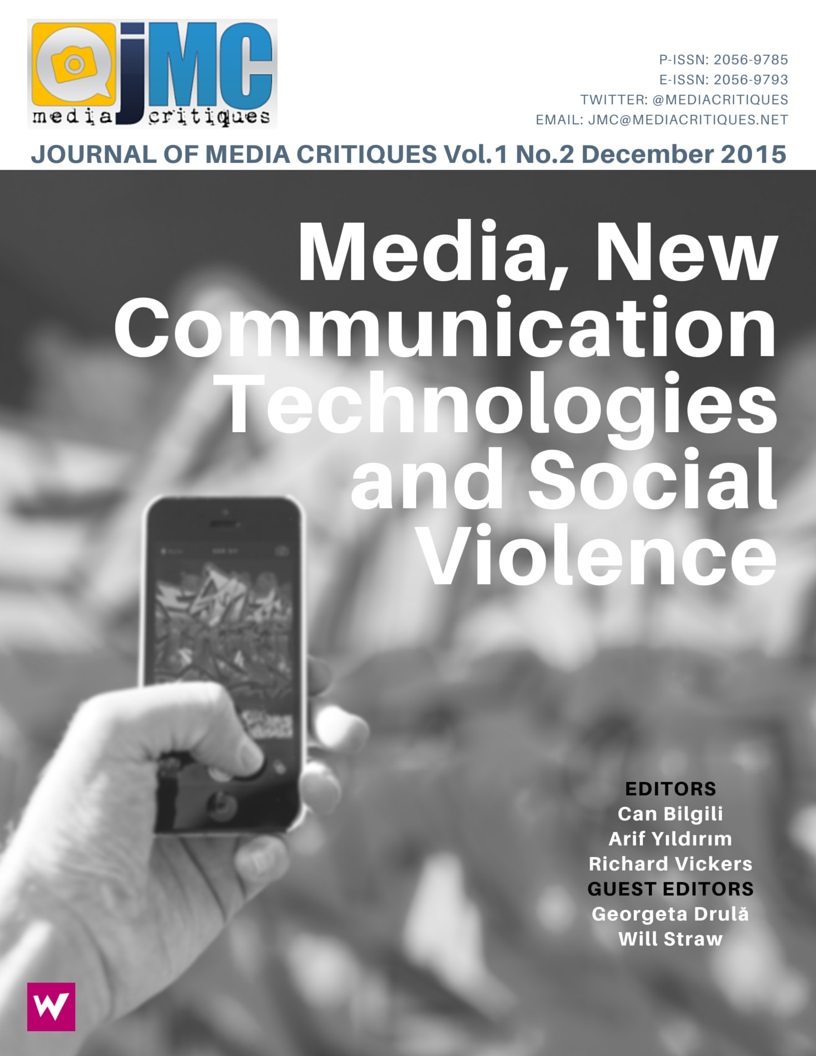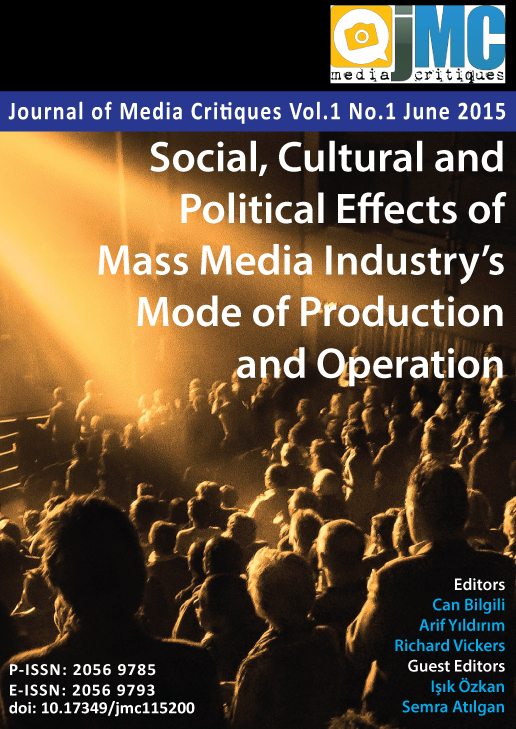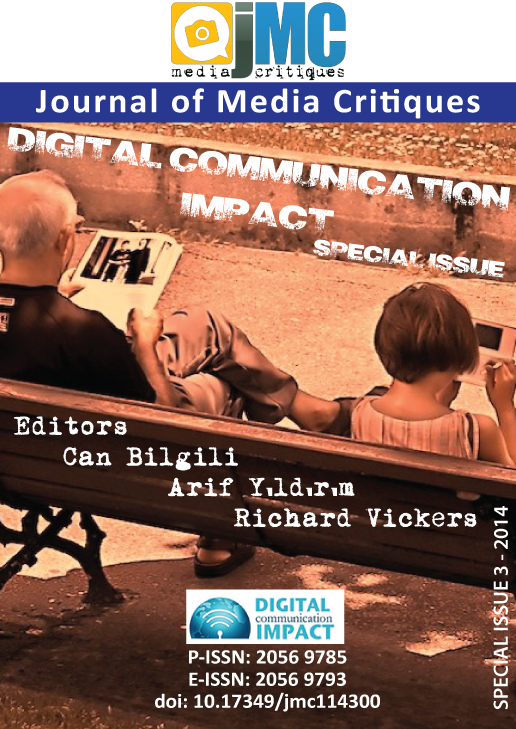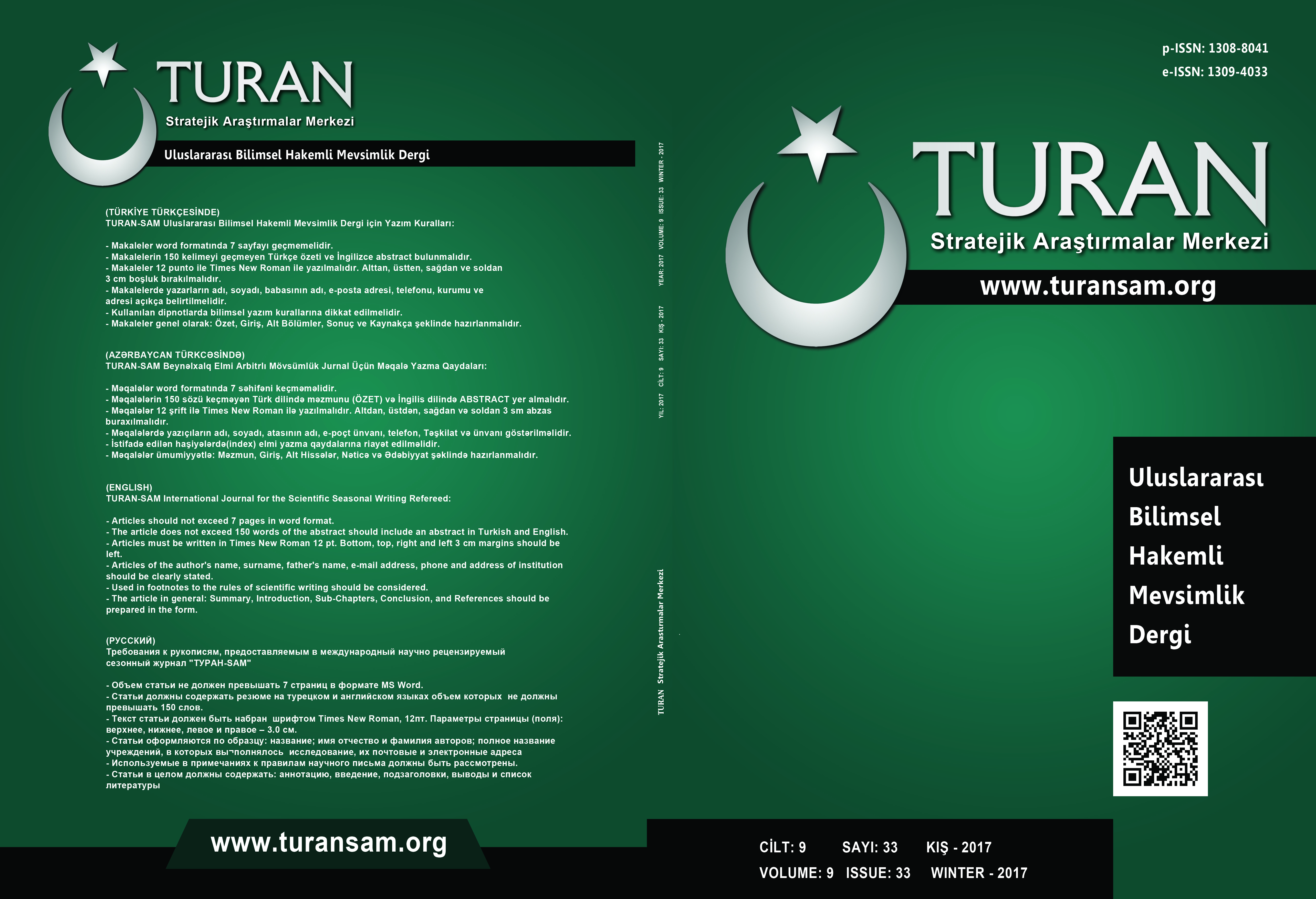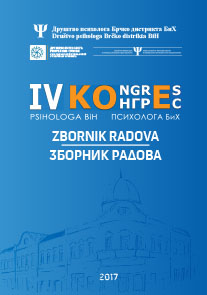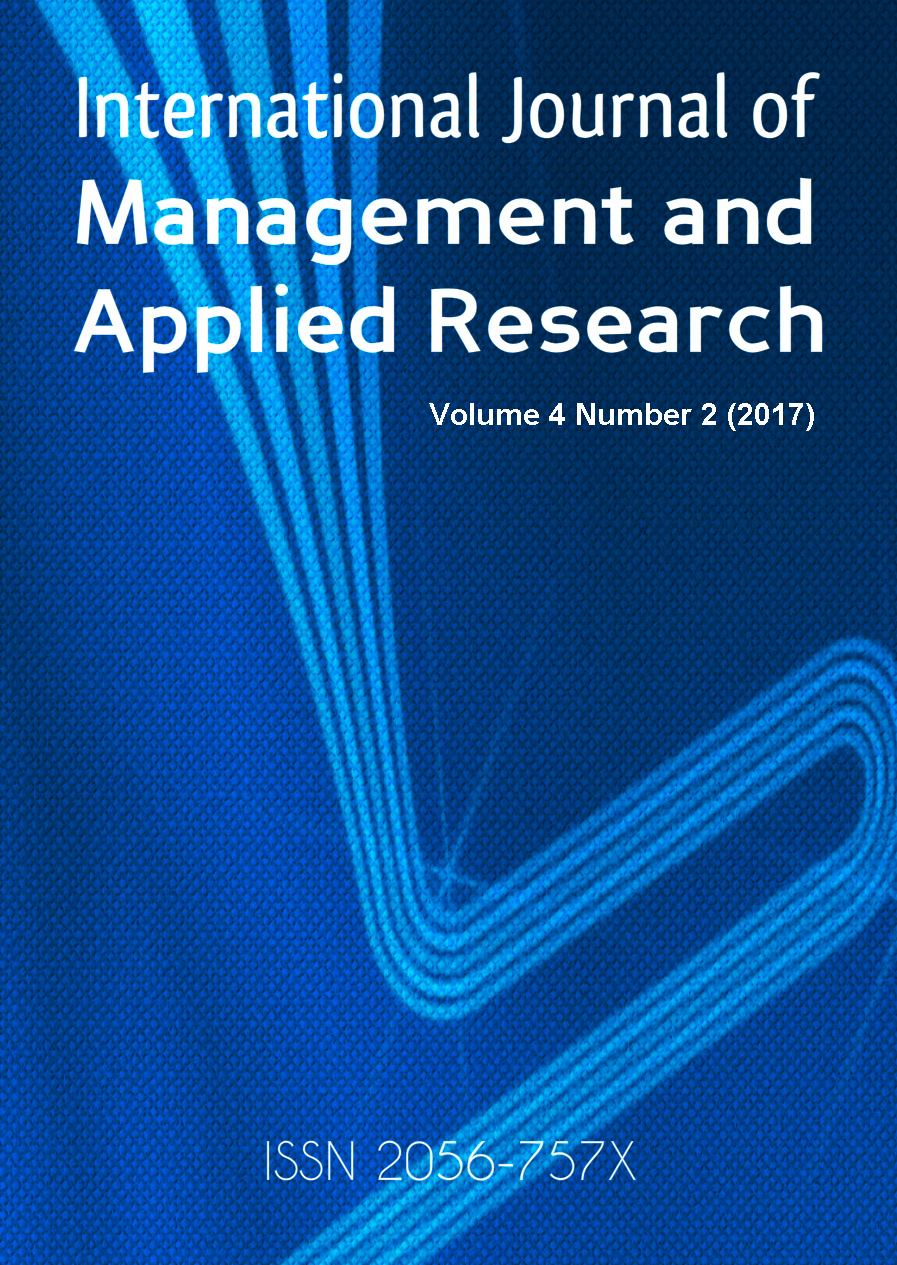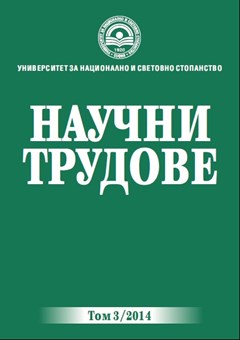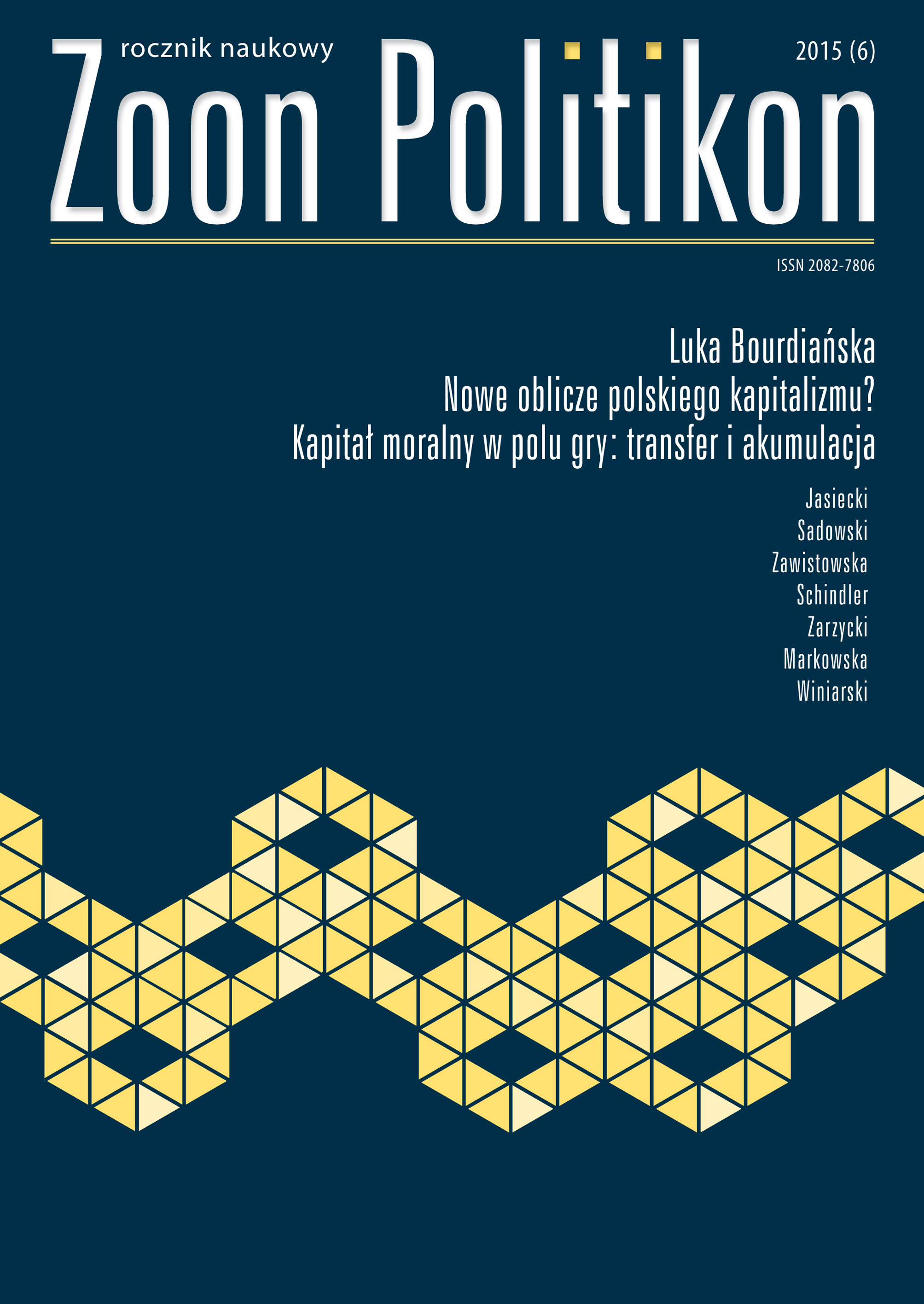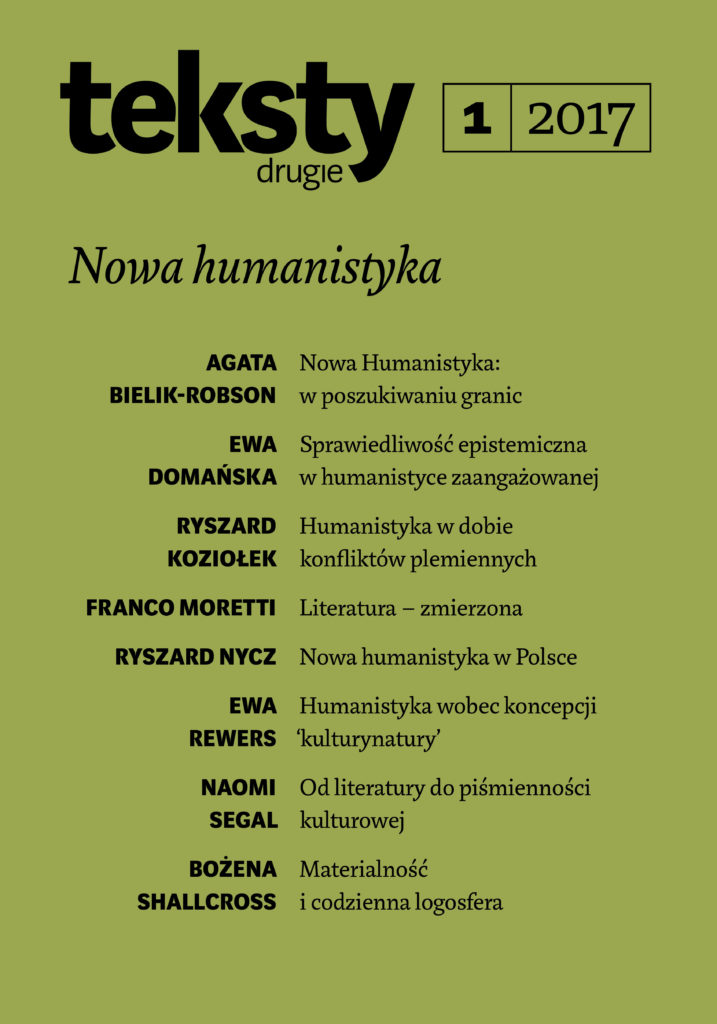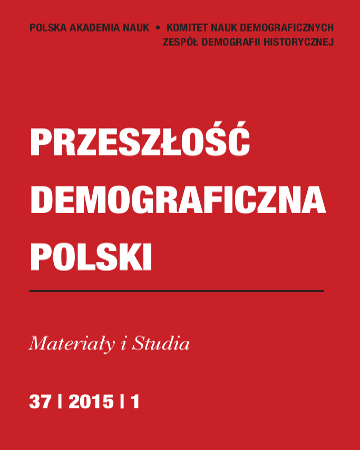
Stan badań nad kobietami w miastach późnośredniowiecznych na ziemiach polskich
The article contains a review of Polish scientific literature concerning the history of women in the towns in Polish lands in the late Middle Ages. The article fulfils two main objectives: to present the state of development and directions of the analyses, and to outline new research possibilities, especially the ones offered by urban judicial records. The present scientific output of Polish medievalists proves that they are not too much interested in the role of women in the urban communities. In addition to just a few articles that deal with that problem seriously (briefly presenting many spheres of how women functioned in towns), there is a group of studies that treat the subject in a more sophisticated way. At present, the question best analysed is the legal situation of female inhabitants of towns and the problems taking place in the marital relations; the two things are closely related. The question of the professional life of women in the form of their participation in the guilds and retail trade has also been touched on. A lot of space has been devoted to the religious life of townswomen expressed in numerous pilgrimages and donations to ecclesiastical institutions. Undoubtedly, the least investigated sphere is the economic activities of women such as their participation in the credit market, the real estate turnover and commerce.The basic statistical analyses of the material that has been available in the judicial books of Warsaw, Cracow and Wąwolnica has proved their enormous research value. The urban sources (depending on the size of the town in question) offer to researchers hundreds or even thousands of mentions and records that are testimony of women’s participation in various spheres of urban life. Therefore, it is becoming possible to get an insight not only into the women’s activities in credit and real estate markets, but also into the meanders of their family life (inheritance and the like), lawsuits concerning unpaid debts and links with the criminal world. Regrettably, the urban books are still rarely explored and in most cases the quantitative methods are not used.
More...
